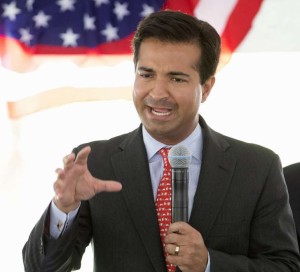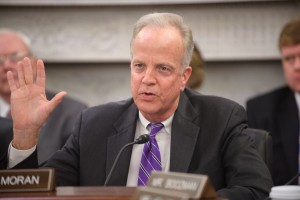There once was a time in politics when those who practice the craft sought to become “transformational” figures.
Barack Obama saw himself in that light in 2008. Ronald Reagan, too, was considered a “transformational” candidate. The Gipper reshaped the political landscape with his landslide victory in 1980. The jury is still out on Obama’s impact.
Thus, the term was thought to constitute high praise.
These days, “transformational” seems to have taken on a new meaning.
And it’s not flattering in the least.
Donald J. Trump and Rafael Edward Cruz have “transformed” the political craft into something cheap, tawdry, childish, petulant and utterly without substance.
They’ve been bickering over social media about their wives.
And as the accompanying New York Times essay seeks to explain, they seem to treat women — even the women in their lives — as objects.
They’ve lowered the bar to new depths.
Yes, the candidates have quarreled over the Internet about insults, innuendo, threats and retribution against their wives.
It has been a disgraceful exhibition that in normal election cycles would have no place anywhere near two leading major-party candidates for the presidency of the United States.
I am quite certain the rest of the world is laughing hysterically at what has become of the formerly great political party known as the Republican Party.
The Party of Lincoln has become the Party of Chuckleheads.
Please, spare me the bleating by “true Republicans” that Trump isn’t one of them. He’s chosen to line up on the Republican side of the gate in this race for the White House, so the GOP must accept that he’s now one of their own.
And Cruz? His response to the Brussels terrorist attack was the Mother of All Doozys. He wants to beef up police patrols in “Muslim neighborhoods.” Yeah, boy. That’ll show them Muslims what we’re all about here.
Is there a greater Islamic State recruitment tool — other than Trump’s stated desire to ban all non-American Muslims from entering the United States — than this?
But instead of debating the idiocy of such a policy pronouncement, we’re left to wonder what in the name of political sanity has become of a party that features two men quarreling out loud about the nasty things being said about their wives?
This is the new definition of “transformational” politics.
We’ve transformed what the late Robert F. Kennedy used to describe as a “noble profession” into something not worthy of a middle-school food fight.









